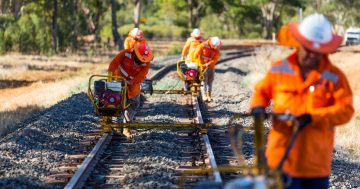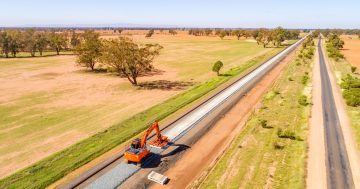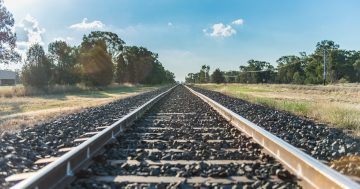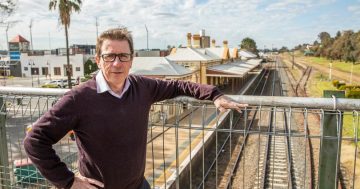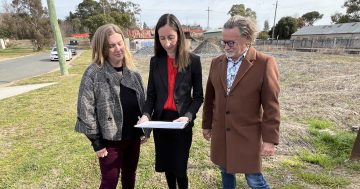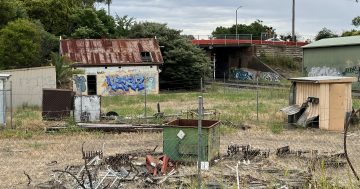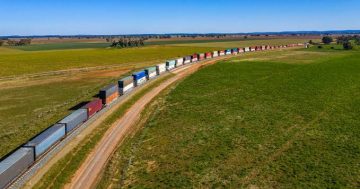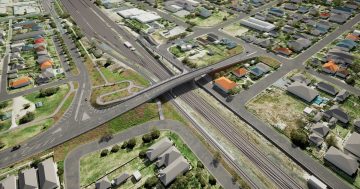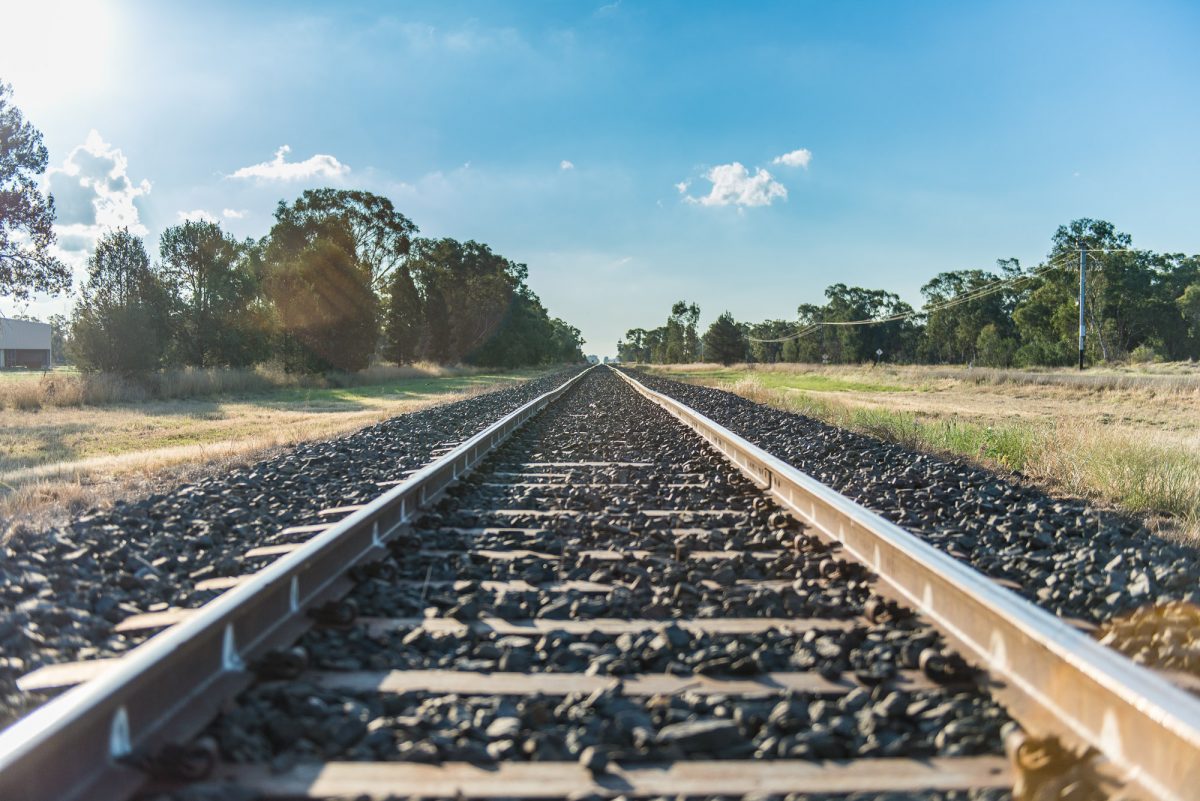
Should Inland Rail go through Narrandera instead of Wagga? Photo: ARTC.
Rail advocates say a scathing review of the Federal Government’s Inland Rail line between Melbourne and Brisbane via Wagga and Albury revives prospects of building an alternative ‘food bowl’ route via Narrandera and Tocumwal.
Dr Kerry Schott’s independent report on the nation-building project – aimed at enabling businesses to get their produce to ports quicker and more efficiently – revealed an “astonishing” projected cost of $31.4 billion, despite the fact the start and end point of the routes were still not known. Region has also highlighted concerns from property owners around Wagga, who have complained about the route causing damage to landholdings, delays to emergency services and noise pollution for nearby residents.
Proponents of an alternative Inland Rail route say they warned government about these problems many years ago and now want their “superior” proposal revisited.
In 2015, Brisbane-based private consortium National Trunk Rail (NTR) proposed a $13 billion Melbourne to Brisbane freight route via Shepparton, Tocumwal and Narrandera. NTR argued this was a “flatter, faster, more efficient” route that passed directly thorough rich food producing regions – making it more accessible to farmers in Griffith, Leeton, Hay and Hillston.
But in 2017, the then Liberal National government instead chose what was supposed to have been a cheaper $10 billion route proposed by government-owned Australian Rail Track Corporation (ARTC) via Wagga and Albury.
At the time, NTR chairman Martin Albrecht was scathing of this decision, warning the ARTC project would be “the NBN all over again” and end up being much more expensive than what they originally claimed. Now the cost has blown out to more than $30 billion, he says, “I told you so”.
“Deliberate withholding of information on cost and time overruns were finally unravelled with change of government and commissioning of the Dr Kerry Schott independent review … the chickens finally came home to roost,” he said.
“The only way to clean out the mess was through change of government … this is now a time to be constructive. The government review provides an opportunity to take a fresh approach to deliver this nation building project.
“[The ARTC route] doesn’t connect the rich Murray Darling Basin areas … it’s a no-brainer to come in through Shepparton and Narrandera, then Junee but possibly direct to Parkes.”
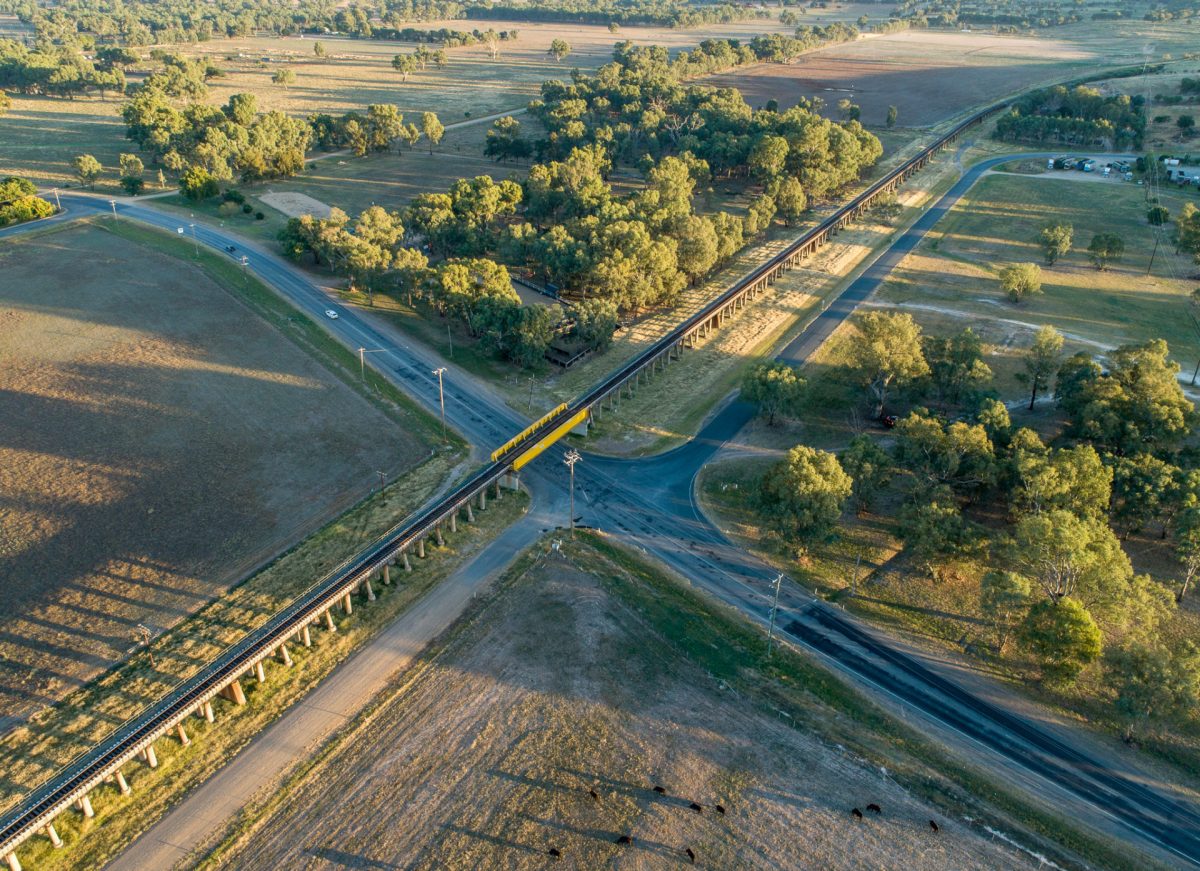
The Inland Rail Project will cost taxpayers over $30 billion. Photo: ARTC.
Longtime Narrandera-based rail advocate Wesley Hall, who also argued for the NTR route in 2017, agrees.
“It’s breathtaking the amount of money that’s needed [for the ARTC project]. It’s time to revisit the superior route.”
While NTR proposed building brand new tracks, ARTC’s plan is to simply upgrade exisiting century-old infrastructure.
“That was never going to work. It’s going to be second-rate using a lot of the existing track in Wagga and Albury,” Mr Hall said.
Griffith Business Chamber’s Paul Pierotti was another vocal proponent of the ‘food bowl’ route.
“It was inevitable that [the ARTC route] was going to be a disaster. We are not surprised that there’s massive cost blowout and stuff-ups.
“Wagga to Melbourne has multiple bridges and tunnels. It’s the busiest passenger transport route in Australia, passenger rail has priority, so all those freight trains will be left waiting.
“That’s why we wanted the straighter, flatter, more efficient route going through where the produce is located.
“This absolutely brings back into play the food bowl route.”
Mr Albrecht said his priority at the moment was to solve problems at the northern end of the Inland Rail line. But once he gets his chance, he’d like to speak to the Government about reviving the NTR proposal for the Melbourne to Parkes segment of the route.
“We have the best and most efficient producers in the world [in the Murrumbidgee]. We can’t keep providing them with second-rate infrastructure,” he said.







